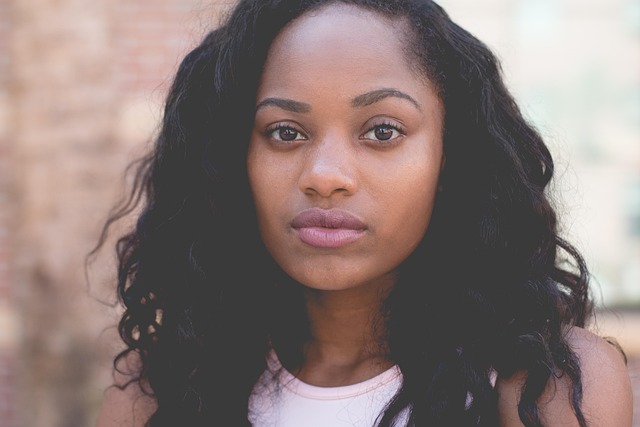In today’s interconnected world, the influence of social media has seeped into every nook and cranny of our lives, shaping our values and ideals in unprecedented ways. One of the most insidious aspects of this social media landscape is its impact on our appearance lifestyle. As we scroll through curated feeds filled with perfectly posed selfies, airbrushed models, and lifestyle influencers, we are constantly bombarded with images that promote an unattainable standard of beauty.
The constant exposure to these idealized appearances leads many to develop a distorted self-image. It’s not just about wanting to look good; it morphs into an addictive cycle of comparison and validation. The more we see, the more we crave affirmation through likes and followers, often measuring our self-worth against the fabricated lives of others. This vicious cycle can lead to anxiety, depression, and an ever-growing desire to alter our own appearances to fit these unrealistic norms.
Social media platforms excel at creating an environment where appearance holds immense value. As users, we find ourselves engaging in the relentless pursuit of perfection, whether it’s through filters, Photoshop, or even surgical enhancements. The metrics of beauty have been recalibrated, with ‘likes’ becoming the new measure of attractiveness, occasionally neglecting the real-world essence of personality, talent, and individuality.
Moreover, the addictive nature of social media doesn’t allow for breaks. Frequent notifications and endless scrolling keep us tethered to our screens, enabling unhealthy habits. This can manifest as obsessive checking of profiles or constant adjustments to personal content to garner more favorable feedback. Instead of cultivating a genuine sense of self-worth, individuals might find themselves trapped in a downward spiral of dissatisfaction and toxicity.
Beyond the personal realm, the societal implications are dire as well. With young people particularly susceptible to these pressures, many are shaping their identities around the feedback received online. Schools and communities should be aware of the damaging effects, promoting digital literacy that emphasizes critical thinking about social media consumption. We must learn to appreciate authenticity over polished perfection, encouraging a more inclusive understanding of beauty that encompasses diverse shapes, sizes, and features.
The struggle with our appearance lifestyle reinforced by social media isn’t just about individual perception; it’s a collective fight against a system that thrives on insecurity. By challenging these perceptions and creating supportive environments, we can begin to dismantle the unrealistic standards imposed by social platforms and empower a healthier relationship with our appearances and our lifestyles.



